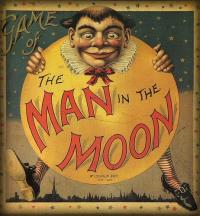What is machismo?
Machismo is the sense of being 'manly' and self-reliant, the concept associated with "a strong sense of masculine pride: exaggerated masculinity." It is associated with "a man's responsibility to provide for, protect, and defend his family."
The word 'macho' has a long history in both Spain and Portugal as well as in Spanish and Portuguese languages. It was originally associated with the ideal societal role men were expected to play in their communities.
'Macho' is derived from the Latin 'mascŭlus' meaning male. 'Machos' in Iberian-descended cultures are expected to possess and display bravery, courage and strength as well as wisdom and leadership, and 'ser macho' (literally, "to be a macho") was an aspiration for all boys.
During the women's liberation movement of the 1960s and 1970s, the term began to be used by feminists to describe male aggression, violence and toxic masculinity.
According to the 'Good Men Project', machismo breeds violence and abuse, physical, sexual and emotional, towards both women and children. It hinders growth and innovation and perpetuates ingrained oppressive and archaic behavior, from generation to generation.
It is the foundation for infidelity, jealousy, rage, and fear. It creates disengagement rather than supportive connection, commitment, and collaboration.
More Info:
goodmenproject.com










